

.jpg)
The study corroborates the advance of secularism, while minority religions and spirituality not regulated by religious institutions are emerging. New references to purpose in the family, pets or nature are on the rise.
.jpg)
Young people and those who are members of free evangelical churches are the most likely to believe that God created the universe.
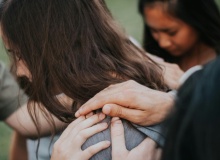
A Pew Research Center survey shows that ‘nones’ in Europe “are much less inclined” to believe in God, and “tend to voice negative views of religion”.
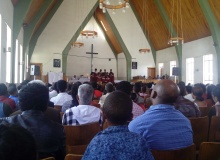
“Not one has been charged or brought before a court”, denounces the consortium of organisations Voices 4 Justice. Eritrea is known as the ‘North Korea of Africa’.
.jpg)
The United Nations has designated August 22 each year as its International Day Commemorating Victims of Acts of Violence Based on Religion or Belief. This should be an important day on the Christian calendar.
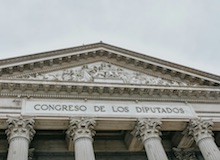
“Spiritual beliefs and feelings cannot be disregarded as irrelevant”, says the Spanish Evangelical Alliance in a document on the government's new Democratic Regeneration Plan.

Research looks at how the young in France see secularism. People between 18 and 30 are more tolerant of religious symbols in public.

Kristie Higgs encouraged people to challenge the government’s plans to introduce relationships and sex education to children in primary schools.

Freedom and peace have their roots. They are rooted in virtues of truth and justice.

“Young people have lost hope and the meaning of life […] The authority of the Bible must be restored”, says a Finnish Christian doctor and writer.
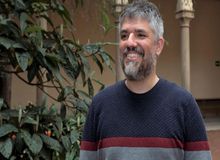
Oriol Jara, a successful scriptwriter for comedy TV shows in Spain, shares how his life took a radical change when he encountered Jesus.
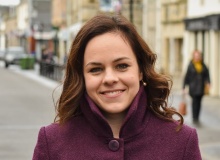
Scotland's First Minister candidate has always been public about her faith. She is clear, thoughtful, kind in her articulation. And she understands the consequences.

As we focus on the mind-stretching story of the Creator entering into his creation as a human infant, let’s worship him with heart, head and hands this Christmas.
.jpg)
After 3 years of doubts, the European Commission finally elects a new Special Envoy for the Promotion of Freedom of Religion or Belief.

A report shows that Australians have a good perception of Christians and are willing to have spiritual conversations, but also see Christianity as a bad influence in some areas.
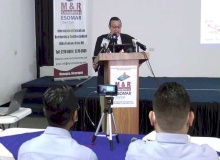
According to a major survey, evangelicals are 37% of the population, Roman Catholics, 33%. 29% said they are unaffiliated believers and 1% identify as non-believers.

About half of the Swedish population feels they cannot speak openly about their political and religious views.

The recently released State of Theology survey states that “Americans often aren’t sure how to balance hot-button cultural issues with theological beliefs”.
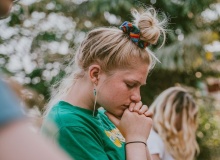
A survey shows that among millennials and Generation Z, girls are more likely than boys to reject any religious approach.

A survey identifies the interests, difficulties and hopes of young people, with religion playing a much less relevant role than in previous generations.
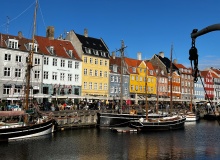
A survey shows that 73.1% of Danes see religion as a source of conflict, while only 8.4% believe it leads to peace.
.jpg)
The post had been vacant for 10 months.
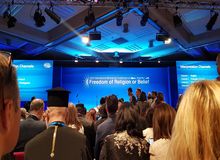
The International Ministerial on Freedom of Religion or Belief says it aims to “tackle online harm and strengthen human rights education”. Evangelicals say “words must be matched with action”.
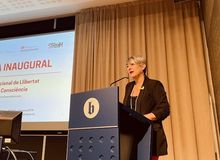
“We are committed to protect religious freedom. It is unacceptable to persecute people for their belief”, said the Councillor of Justice of the regional government.

A study by the Observatory for Religious Pluralism found that almost half of respondents, all from religious minorities, were discriminated against at work because of their beliefs.

Las opiniones vertidas por nuestros colaboradores se realizan a nivel personal, pudiendo coincidir o no con la postura de la dirección de Protestante Digital.